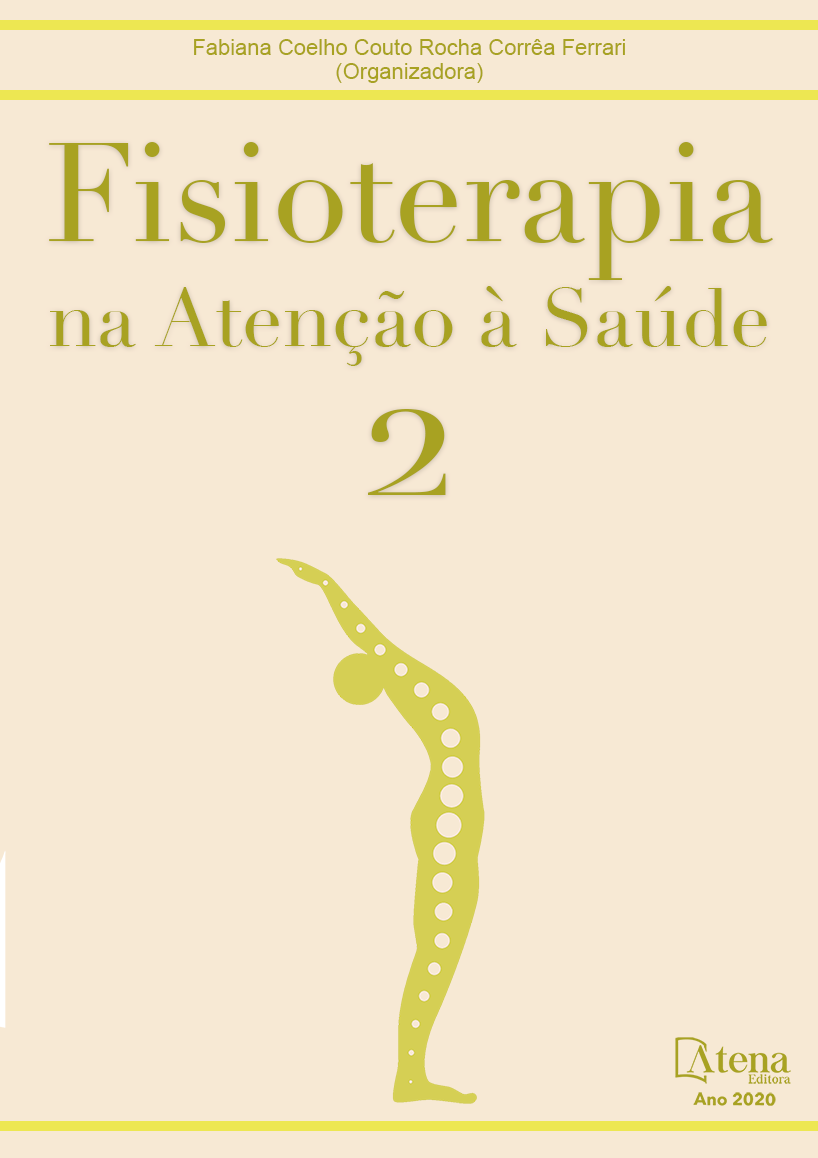
A IMPORTÂNCIA DO LÓCUS DE CONTROLE NA RECUPERAÇÃO FUNCIONAL DE INDIVÍDUOS COM DOR LOMBAR
Entre as questões psicológicas que intercedem na lombalgia, o lócus de controle da saúde é determinado como a crença do sujeito em relação a quem ele define ser responsável por sua própria saúde. O objetivo desse estudo é mostrar a importância do lócus de controle na recuperação funcional de indivíduos com dor lombar. Trata-se de um ensaio clínico randomizado aleatorizado e cegado, com 25 participantes submetidos a tratamento passivo (n=9), ativo (n=8) e passivo e ativo. Foi feita entrevista para coleta de dados pessoais, a intensidade da dor foi avaliada pela escala visual analógica (VAS) e, a funcionalidade foi avaliada pelo Questionário de Oswestry e Rolland Morris. E o Lócus de controle foi avaliado pelo Questionário Multidimensional de Lócus de Controle da Saúde (QLCS). Para análise estatística foi usado o SPSS Statistics Base. O teste T aplicado à abordagem biopsicossocial feita através da análise do Lócus de controle (p = 0,905) de cada indivíduo mostrou que a intervenção não gerou mudanças significativas nos valores de lócus de controle, permanecendo todos com a crença de serem os próprios responsáveis pela sua condição de saúde, o que define o lócus de controle interno. Houve uma melhora na capacidade funcional em todos os três grupos de intervenção, “passivo”, “ativo” e “passivo e ativo”. No entanto, não houve diferença significativa entre esses grupos, sugerindo que o Lócus de Controle Interno pode ter sido o determinante na melhora funcional desses indivíduos com dor lombar.
A IMPORTÂNCIA DO LÓCUS DE CONTROLE NA RECUPERAÇÃO FUNCIONAL DE INDIVÍDUOS COM DOR LOMBAR
-
DOI: 10.22533/at.ed.2792018082
-
Palavras-chave: Cooperação. Adesão ao Tratamento. Dor lombar
-
Keywords: Cooperation. Adherence to Treatment. Low back pain.
-
Abstract:
Among the psychological issues that intervene in low back pain, the locus of health control is determined as the subject's belief in relation to whom he defines to be responsible for his own health. The objective of this study is to show the importance of the locus of control in the functional recovery of individuals with low back pain. It is a randomized, blinded, randomized clinical trial, with 25 participants undergoing passive (n = 9), active (n = 8) and passive and active treatment. An interview was conducted to collect personal data, pain intensity was assessed using the visual analogue scale (VAS) and functionality was assessed using the Oswestry and Rolland Morris Questionnaire. And the Locus of control was evaluated by the Multidimensional Questionnaire of Locus of Health Control (QLCS). For statistical analysis, the SPSS Statistics Base was used. The T test applied to the biopsychosocial approach made through the analysis of the Locus of control (p = 0.905) of each individual showed that the intervention did not generate significant changes in the locus of control values, all remaining with the belief that they were responsible for their own health condition, which defines the locus of internal control. There was an improvement in functional capacity in all three intervention groups, "passive", "active" and "passive and active". However, there was no significant difference between these groups, suggesting that the Locus of Internal Control may have been the determinant in the functional improvement of these individuals with low back pain.
-
Número de páginas: 13
- Ana Paula Almeida Ladeia
- Karla Katarine Rodrigues Teixeira Bastos
- Keyla Iane Donato Brito Costa
- Ricardo Ribeiro Badaró


